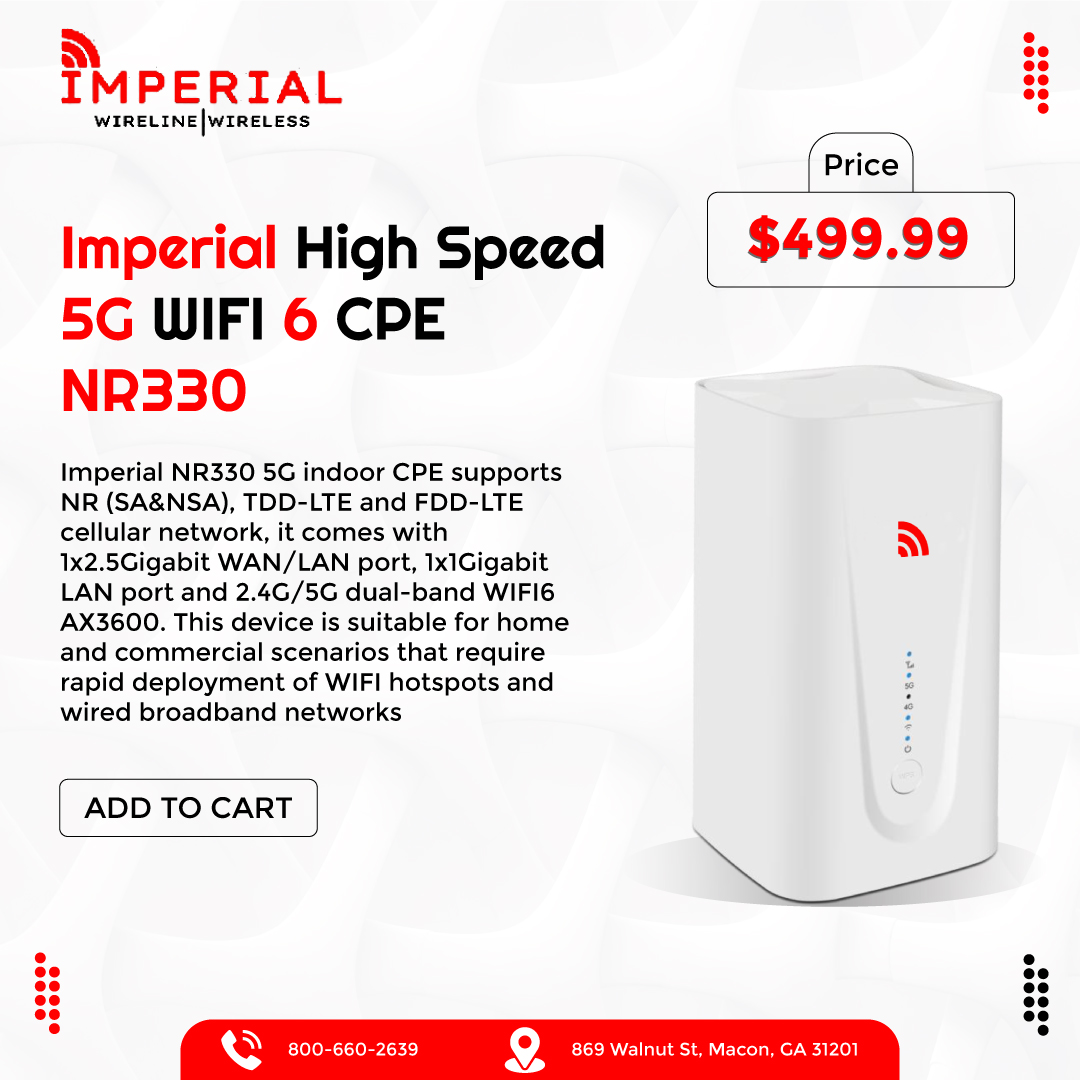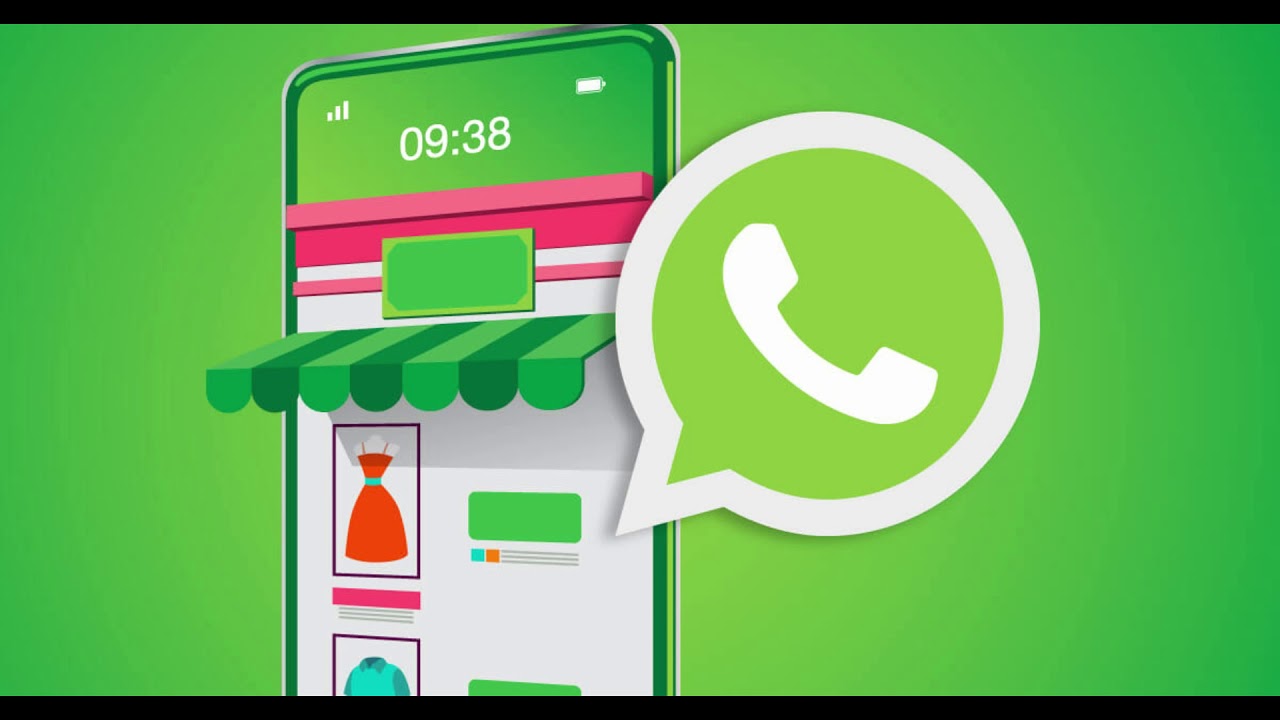Web3 Music Companies You Need to Know About – What’s Next for Music on the Web 3.0

As we develop and use Web3 technology more, we create new ways to share, buy, and collect music.
This article will tell you about some of the Web3 companies and music platforms that are now making waves in the business world. Independent musicians, producers, and other creative people who work in the music industry can use this guide to learn about the Web3 landscape and its tools.
What kind of Technology is Web 3.0?
Even though people may have different ideas about the details, most can agree that it is the third major change to the World Wide Web. The first web pages, which were static, were the basis for the second web, which is made up of user-made, interactive social media. Web3 is expected to be more interactive and immersive than its predecessor. 3D user interfaces will replace traditional web pages. With the help of blockchain, cryptography, and distributed computing, it will be important that it will not be centralized. This means that we will fully own and control our data and how it is used for the first time. Instead of just logging into services and apps owned by big companies like Google, Facebook, or Microsoft, we will own and control our data and how it is used.
Web3 and What’s Next for Music
Many people have thought about how the music business could benefit from the coming together of blockchain, web3, and metaverse technologies. In the past, music has been a way for people to get together and talk to each other. There are many ways for people to share and enjoy music together, and new platforms made this possible through immersive and experiential technologies. Combining blockchain technology, digital currencies, and the third generation of the World Wide Web could change the music business by giving musicians better pay and more ways to connect with their fans.
Web3 could start a new era where creators have more control over their work and are paid fairly for what they do. The goal is to create a free-flowing, long-lasting, and cooperative setting in the metaverse that is good for building a social platform for sharing and listening to music, which is important for connecting listeners and artists.
What Does Music Have in Store?
- One place where new and old music can both come out at the same time.
- Fans can show how much they care about their fandoms this way.
- So, musicians will be able to learn more about the music they love and try new things with it than ever before.
- Creators will finally be able to give their work a legal name.
- One of the benefits of this Web3 streaming platform is that it makes content easier to move around.
Well-known Web3 Music Businesses
Audius
In the Web3 world, Audius is a lot like Soundcloud. It’s a music streaming service where bands, DJs, and producers can share their work for free and get more attention.
Glass Protocol
With Glass, you can stream your music video and mint it as a non-fungible token (NFT), making it collectible and opening up new ways to make money.
Videos have been “minted” on the Ethereum blockchain so far. When a video is sold, 80% of the money goes to the person who made it, and 20% goes to Glass.
Zora
Zora wants to be the standard protocol for NFT marketplaces. It is already a marketplace where anyone can buy and sell NFTs. Zora can handle all of your needs for editing audio and video.
Due to the protocol’s dependability, scalability, immutability, accessibility, and resistance to censorship, web3 marketplace development are more likely to be built on it.
Catalog
The Catalog is an app built on top of Zora and focused on music. The Catalog lets musicians put out different versions of their songs and lets listeners find new music and interact with it.
Sound
Listening parties are a great way for musicians in the NFT community to get early support.
The NFT allows people to say what they think and show their support. But Sound is still in its early stages, so artists have to fill out an application and get approved before they can host a drop.
Opensea
Opensea is both the oldest and the biggest NFT marketplace. You can shop for and look through NFT collections from several retailers in one place.
Mint Songs
Artists can now make NFTs of their music and trade them on the Polygon-based Mint Songs marketplace (and, more recently, Ethereum). With the Mint Songs minter, tokens can be made from music and album art at no cost to the artist.
Nifty Gateway
Nifty Gateway is a second NFT marketplace, but unlike the others, all NFTs are kept in a wallet managed by Nifty Gateway.
So, users can buy and sell NFTs without interacting with the blockchain. This means that gas fees are no longer needed. One of the best things about this platform is its easy use.
Royal
Royal is a company that invests in music and gives out royalties. The musician 3LAU made Royal, so music fans worldwide could share royalties from their favorite artists.
Artists can sell a portion of their song royalties if they want to.
Fanaply
Fanaply is a digital exchange where green NFTs approved by the government can be made and shared. Since 2019, the music company web3 has worked with many well-known people in entertainment, music, and sports. These companies use Fanaply to give NFTs to employees as a reward for their hard work.
Fanaply was one of the first people to talk about NFTs. It helped make the first NHL NFT program possible, along with the New Jersey Devils and Coachella.
Music Ally
Music Ally’s expertise and knowledge are mostly in web3 and music. Music Ally added event planning and digital marketing strategies for musicians, record labels, and managers to its list of services when it launched its Learning Hub. The hub has more than 30 certified video modules meant to teach people new to the music business and those who have been in it for years how things work.
What’s Next?
The music industry has much to look forward to with blockchain, web3, and metaverse technologies, and it’s easy to see why. Immersive and experiential technologies are making it possible for people to share and enjoy music together in exciting new ways. This continues the long history of music as a social activity. Together with blockchains, cryptocurrencies, and smart contracts, this could make it easier for creators to get their fair share of profits and give fans more control over where their donations go.





